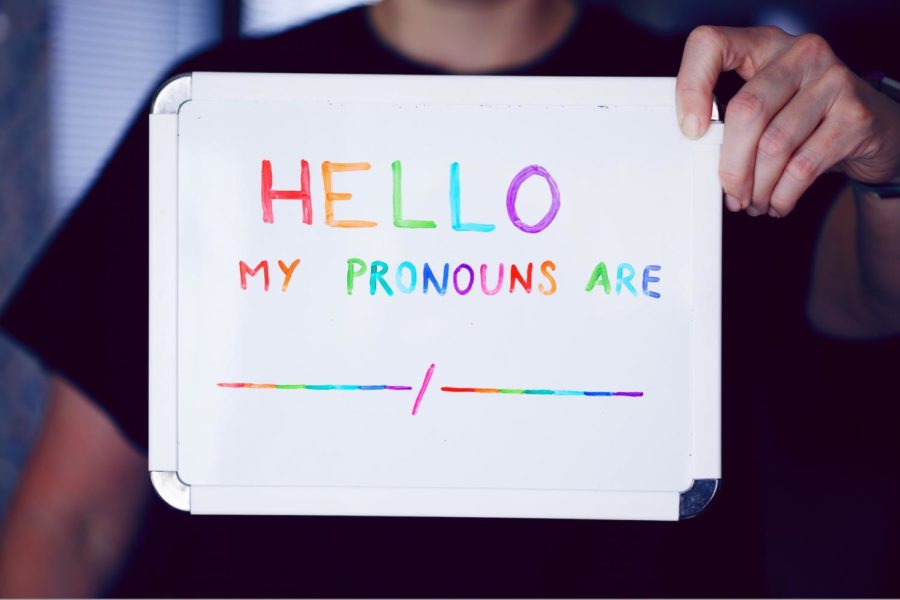Sex vs. Gender: What’s the difference?
September 15, 2021
According to Planned Parenthood, sex and gender are two terms that many people think are interchangeable or are often mistaken for each other, but they have two completely different meanings.
“There’s a lot more to being male, female or any gender than the sex assigned at birth. Your biological or assigned sex does not always tell your complete story,” Planned Parenthood said on their website.
Also, on their website, Planned Parenthood explains the differences between sex and gender. According to them, sex is the label assigned to you at birth, male or female, based on chromosomes and biology, while gender is much more complex.
“Gender is society’s set of expectations, standards and characteristics about how men and women are supposed to act,” Planned Parenthood said.
For doctors, surgeons or any other person working in the medical field, sex is typically the most important. People who are assigned female at birth have different chromosomes, metabolisms and body types than those assigned male at birth. This means they may need different medications or other medical assistance, need to be tested for different illnesses, and overall treated the way their sex requires.
In modern society, the importance of sex and gender is split. While some people believe sex assigned at birth has to match gender, many others do not believe in a connection between sex and gender.
According to One World Education, expecting people to fit into their gender expectations leads to individuals being unable to reach their full potential. One World Education said when expectations are assigned to someone, that restricts their ability to behave, learn, work and live the way they want to.
“Social expectations we place on each other are changing based on new understandings of the human experience,” said Rebecca Haroldson, an Iowa State women’s studies professor.
This is where gender identity comes in, which according to Planned Parenthood, is how someone feels about their own gender.
“Gender studies offers students the chance to think critically about the world through the lens of gender and try to understand, as best we can, the experiences of others,” Haroldson said. “It also gives students the chance to learn about those who have historically been marginalized and ignored in our history.”
According to Haroldson, because gender is a social construct, there are norms that people are expected to follow by many people. Haroldson said while breaking free from these norms and showing individual self-expression is becoming more common, it can still be difficult and tiring for trans and nonbinary people to share with others their preferred pronouns or break out of these norms.
Along with social challenges come the more extreme legal challenges. In recent years, trans people have been unable to play sports for the gender they identify with and have seen a lack of proper medical resources. According to CNN, gender-affirming treatment being banned for minors is just one of 117 bills targeting the transgender and nonbinary community throughout the United States.
Iowa State offers safe places for trans, nonbinary and non-gender-conforming students. SAGE, Society for the Advancement of Gender Equality, is a club through the Margaret Sloss Center for Women and Gender Equity that spreads awareness for feminist and gender-based issues. They also co-coordinate The Vagina Monologues on campus.
The Women’s and Gender Studies program is available to students to learn more about these issues. This program offers over 60 courses and is available to any major. More information on the women and gender studies program can be found here.







